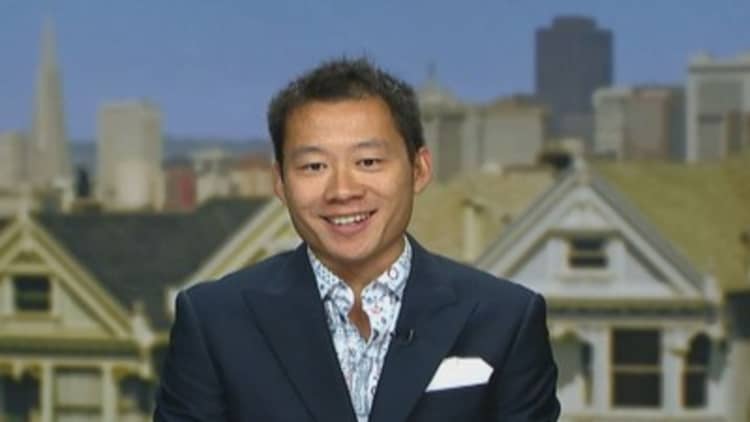Videogame streaming site Twitch is officially a big media site and can no longer fly under the legal radar, as evidenced by this week's announcement that videos in its archives with unlicensed music will be flagged and partially muted.
After some of its power users flipped out, Twitch admitted that it "screwed up" the announcement and promised to add an "appeal" button for music that users think was flagged in error. But the actual act of cracking down on that unlicensed music, a seemingly necessary move to avoid trouble from the litigious music industry, is here to stay.
So, what about the videogames themselves? Could a copyrighted game get taken down from Twitch at the behest of the gaming industry?
In a very smart Google+ post titled "What the hell is going on at Twitch?," Ars Technica's reviews editor Ron Amadeo said in-game music and graphics are just as legally protected as the outside music Twitchers often like to stream on top of their game play.

More from Re/Code:
Under Fire, Twitch CEO Says 'We Screwed Up' Policy Announcement
China Refutes Claim of Government Ban on Apple Purchases
Authors Will Blast Amazon in New York Times Ad
"[Twitch has] already muted videos of Pokemon for containing Pokemon music and Punch Out for the NES because it contained music from Punch Out," Amadeo wrote. "Yes, a video game site banned video game music. Keep in mind these videos still infringe copyright. There is nothing magical about audio; images from a game are also copyrighted and Twitch has left the video up, which means they are still violating copyright."
At press time, Twitch had responded to but not yet answered questions about the policies at play here.
In a Reddit AMA yesterday, Twitch CEO Emmett Shear said game companies "have the public stance (and private stance directly with Twitch)" that broadcasting video of games is okay. Gamecasting is part of the basic license in the game, he said, and pointed to this Reddit user-compiled list cataloging various game studios' policies.
The problem is that even according to that list, Twitch may be letting some of its users break the rules.
Some studios — like Tencent-owned Riot Games, the maker of perennial Twitch chart-topper League of Legends — have openly embraced livestreaming. On its "legal jibber jabber" page, Riot explicitly gives permission for fans to run ads against their original content based on League of Legends, so long as that content is free.
At the other extreme are companies like Nintendo. Although the home of Mario and Pikachu is planing a YouTube affiliate program for "appropriate" clips of its games, it has historically been less willing to surrender control of its family-friendly intellectual property.
"In the end, it's all about protecting the IP," Nintendo of America President Reggie Fils-Aime said in an interview with Re/code at E3 this year. "We're trying to balance access [to Nintendo characters and employees] with a level of control in how the IP is used."
Read MoreWall Street may use computer games to find talent
Between those extremes are companies with video policies that are either murky or totally absent. Some major publishers, including EA, Ubisoft and Warner Bros. Interactive, advise video makers to "email them" to get permission to monetize on a video, according to the Reddit list. With Twitch streaming now natively baked into both the Xbox One and PlayStation 4, and accepting donations from viewers a relatively simple process, it would be extremely difficult for those studios to approve every single potential streamer.
And that's just it: Love 'em or hate 'em, the music industry writes and collectively enforces copyright rules, which is why Twitch's policy change was "absolutely necessary." The mixture of under-communicated and underdeveloped copyright policies for games, on the other hand, may yet throw Twitchers for another loop.
—By Eric Johnson, Re/code.net. Follow him @heyheyesj
CNBC's parent NBC Universal is an investor in Re/code's parent Revere Digital, and the companies have a content-sharing arrangement.


